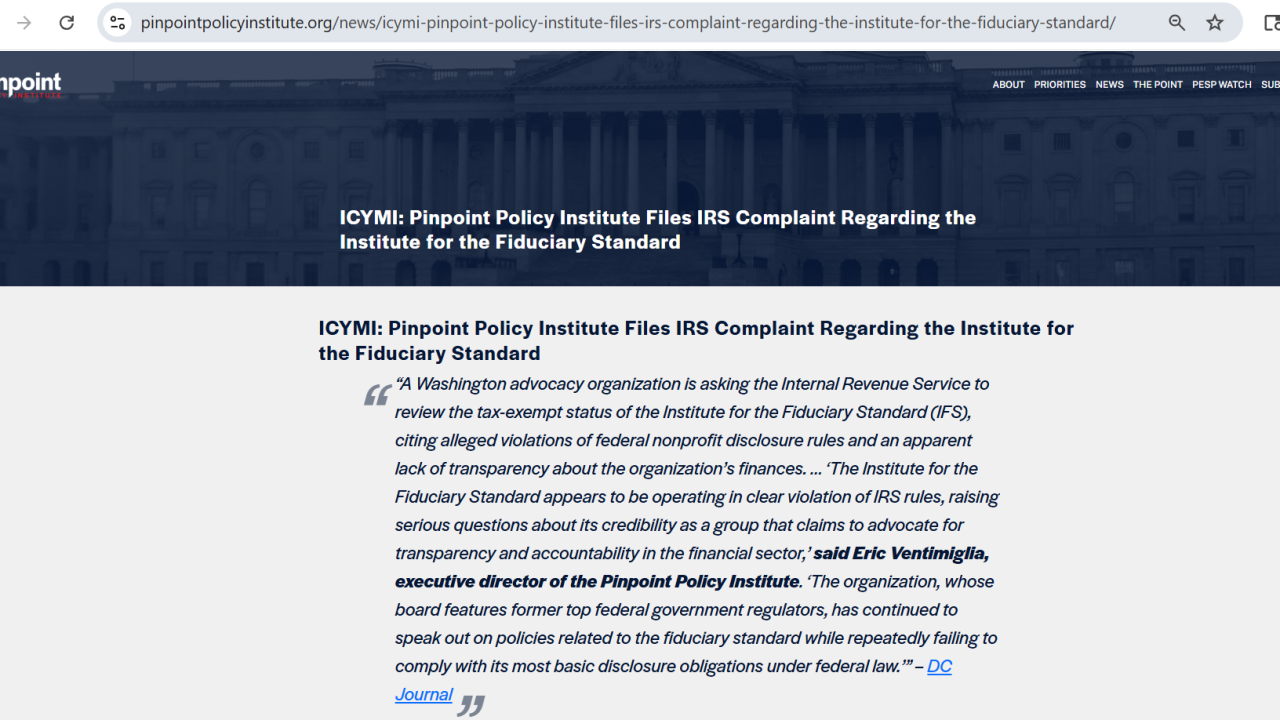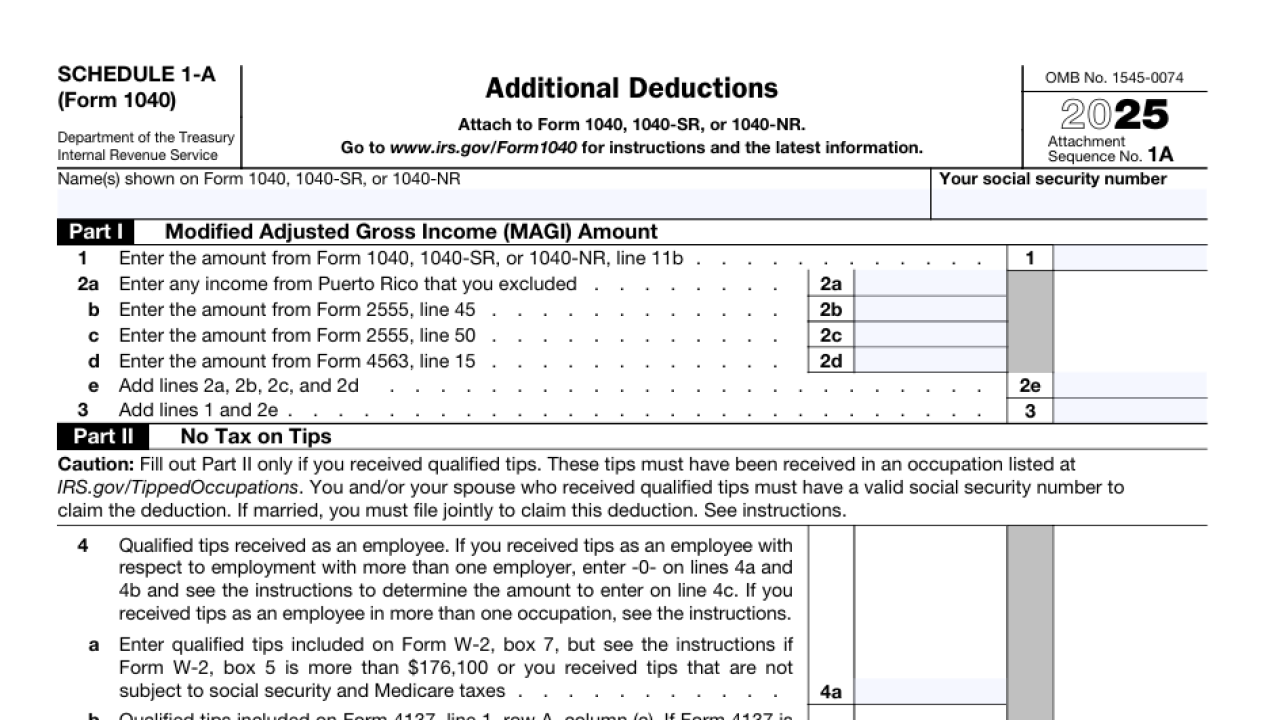Within the mutual fund industry recently, no three little words have become as important as "fair value pricing."
Allegations of large profits derived through arbitrageur-like market timing maneuvers by New York State Attorney General Eliot Spitzer, has once again sensitized mutual fund executives, fund accountants and even fund auditors to the importance of correctly valuing securities held in a fund.
While there is a huge difference between the workings of a determined arbitrageur that is cloaked behind the veil of an omnibus or retirement plan account platform, and secret market timing deals willingly forged between fund executives and large institutional investors, the costly impact on long-term, buy-and-hold investors is a universal concern within the industry.
Fair value pricing is the process by which fund companies or their service providers obtain or check the accuracy of currently quoted prices on thinly-traded, illiquid or exotic securities. Fair value pricing is now often relied upon to price foreign securities where markets have been closed for several hours by the time a U.S. fund prices securities at 4:00 p.m. eastern standard time, but when current events have impacted the reliability of those stale prices.
Erroneous pricing errors can lead to errors in a fund's net asset value. This, in turn, can impact shareholders by exposing the fund to hungry arbitrageurs seeking to exploit global time zones and consequential pricing inefficiencies (see MFMN 2/3/03).
The Price is Right
Although the Securities and Exchange Commission has twice released formal guidance to mutual fund advisors through letters in 1999 and again in 2001, funds are largely left to their own devices as far as how they carry out their fair value pricing of securities.
That flexibility has left at least one independent auditor who must audit the books and portfolios of mutual funds in a quandary over how to tell if the fair value pricing process being employed by the fund company is right on the money or way off target.
To address this problem, KPMG, the independent audit firm of New York, signed on in June to license the fair value model pricing program developed by Investment Technology Group (ITG) of New York. KPMG is the first audit firm to ink such a licensing deal with ITG.
"We decided it was time to enhance how we do the audits by testing with something quantitative," said John S. Capone, a partner in KPMG's alternative investments and mutual funds practice and a former chief accountant with the SEC's division of investment management. "There are days when significant events occur and fund companies need a way to react. This helps us lead the way to auditing fair value investment data," he added.
While it is up to funds to determine for themselves what specific significant events will trigger the fair value pricing process to start, such events can include anything from natural disasters or terrorist activities that close markets, to problems in foreign markets or even a significant spike in the S&P 500 Index or Dow Jones Industrial Average, Capone added.
ITG, which is best known as both an equity trading and a technology firm, first undertook the task of developing a fair value model for Putnam Investments of Boston about 18 months ago when regulatory pressures and market timers compelled the firm to do something, said Chris Amorello, senior vice president in ITG's Boston office.
Daily Adjustment
ITG's fair value model provides daily adjustment factors that can allow fund advisors to appropriately adjust the pricing on 16,000 domestic securities and 25,000 international securities. Version 2.0 of the model will allow for expanded factors on American Depository Receipts as well as futures and various market sectors.
Fund accountants could multiply each suspect security price with the daily factor that ITG provides to determine the correct fair market value price for that security, Amorello explained.
A pricing factor of 1.2% or higher, for example, would tell a fund advisor that some repricing action may be required, but it is up to them whether to shift into fair value pricing mode, he added.
KPMG auditors aren't concerned with whether or not funds use the exact same adjustment factors that ITG provides or some other methods or vendor models, as long as they provide for the fair value pricing of securities, Capone said. Nor are they endorsing ITG's fair value model. The independent auditors will be using ITG's adjustment factor database as a quantitative benchmark against which they can check to be sure that fund advisors have appropriately turned on the fair value switch, he said.
Copyright 2003 Thomson Media Inc. All Rights Reserved.
http://www.thomsonmedia.com http://www.mmexecutive.com





